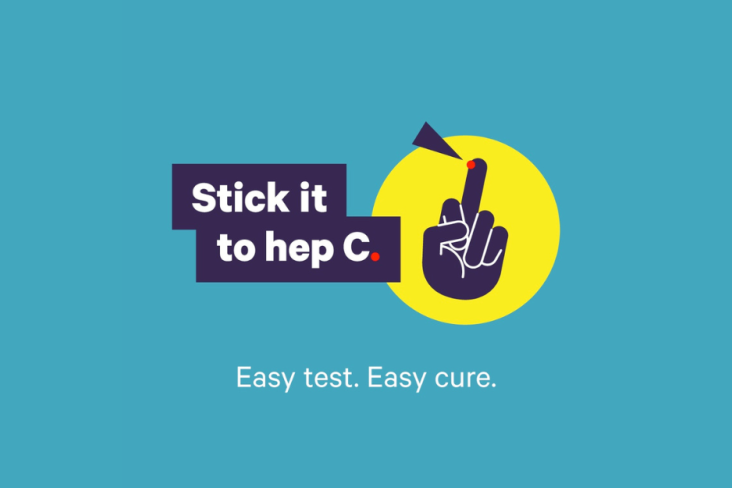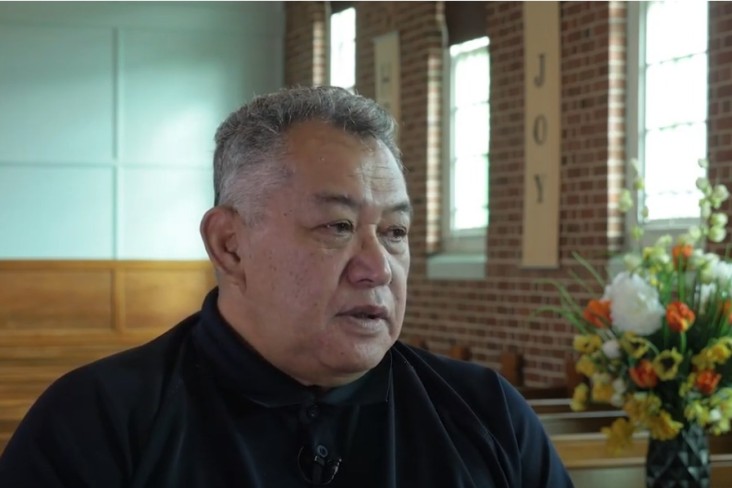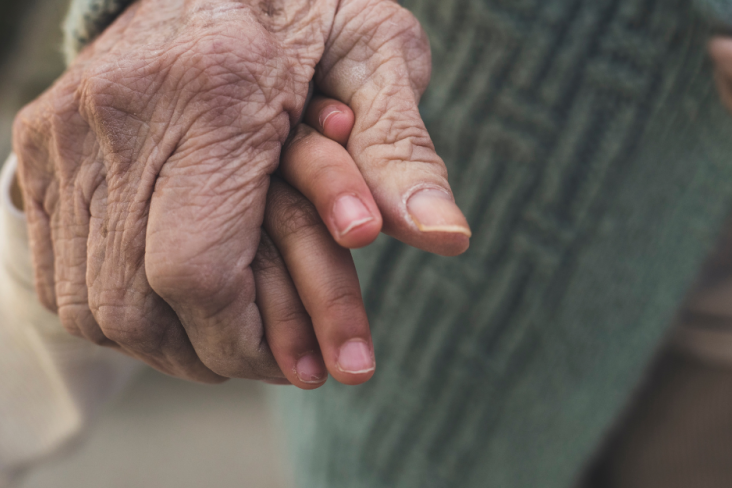Common signs of mental/emotional distress to look out for in yourself and others:
- Changes to sleep – Sleeping more than usual or have difficulty falling asleep or staying asleep.
- Unexplained physical symptoms – Things like headaches, stomach problems, dizziness or chronic pain can be a physical symptom of mental or emotional distress.
- Difficulty controlling your emotions – It’s normal to feel heightened emotions in stressful times but it’s important to be aware of how these can affect you/others. If unresolved, it can lead to relationship or friendship conflict, issues at work or school, self-medicating, or physical or emotional outbursts.
- Changes in weight/eating patterns – Losing or gaining a significant amount of weight or being preoccupied with food, weight or body image.
- Obsessive/compulsive behaviours – Constant hand-washing for no logical reason or constantly worrying that something bad is going to happen.
- Feeling tired all the time – Extreme tiredness and fatigue can occur when your body can’t handle emotional overload and simply shuts down.
- Memory problems – Forgetfulness can sometimes be a sign of tiredness or distress.
- Not socialising – Feeling like you don’t want to go out or connect with people.
Getting help is key
- If you, or someone you know, is in immediate danger of harm call 111 straight away.
- If an immediate response isn’t required but you need crisis mental health emergency treatment, assistance and information, contact the Te Whatu Ora crisis line (emergency psychiatric team) on 0800 467 846. Press 1 for Southland (includes Queenstown) or 2 for Otago.
- If you’re worried about how you’re feeling emotionally or physically, create a support system. Reach out to people you trust to have a chat and contact your GP or other healthcare providers for advice. Or free call/text 1737 anytime to talk to a trained counsellor. There's also a range of other national helplines listed on our Need Help? page.
- If you want to talk to a trained professional, here’s a handy guide to assist you in finding the right sort of help to suit your needs, plus some tips for what you can do to prepare ahead of your appointment. It's totally OK to try different therapies – everyone is different and it might take time to find the right fit or combination for you.
- Do you have access to an Employee Assistance Programme (EAP) at work? Many businesses offer this as part of their staff health, safety and wellbeing programmes. It's a confidential, free option for people to share their worries - work or personal - with someone who’s trained to listen and help.
- For support services in the Southern Lakes region and some self-help tools to help you stay on track, check out our ‘Traffic Light Guide: Looking After Your Mental Wellbeing’.
- Heard the phrase “Put your own oxygen mask on first before helping others”? Do what helps you feel better and make some ‘me time’ every day (even if it’s 10 minutes) for self-care. It could be exercising, getting outside, quality time with loved ones, reading, doing Wordle or crafts, or having a nana nap.
- Take a screen break. Avoid doomscrolling (keep up to date with the news but limit it to certain times of the day) and snooze social media for a while.
Most of all, don’t be too hard on yourself or others – we’re all just doing the best we can. It's really important to keep looking after ourselves and each other and stay connected as a community. So focus on your own wellbeing and check in with your whānau, neighbours, friends and colleagues to see how they are. We're stronger together.
Some helpful advice to listen to:
- Dr Lucy Hone’s 15-minute TedTalk (Top 20 in the world in 2020) on 3 simple tactics she’s used to get through her darkest days.
- Dr Sarb Johal on Finding Calm (12 mins).


